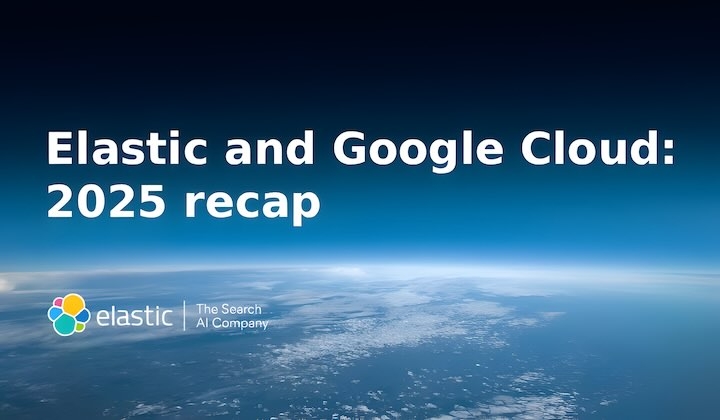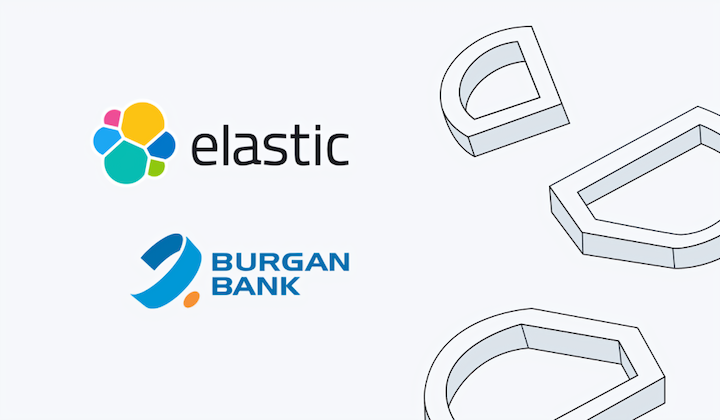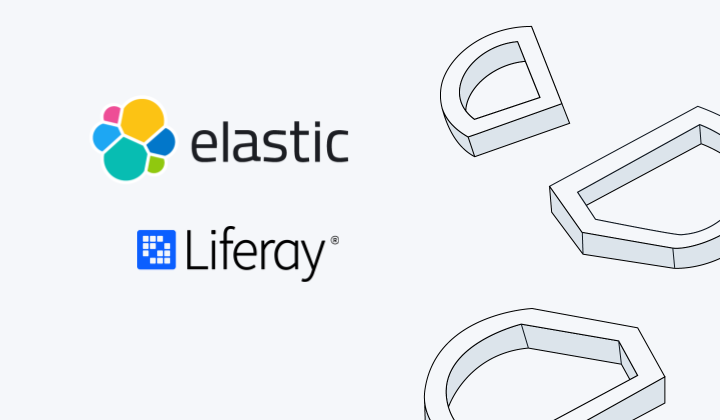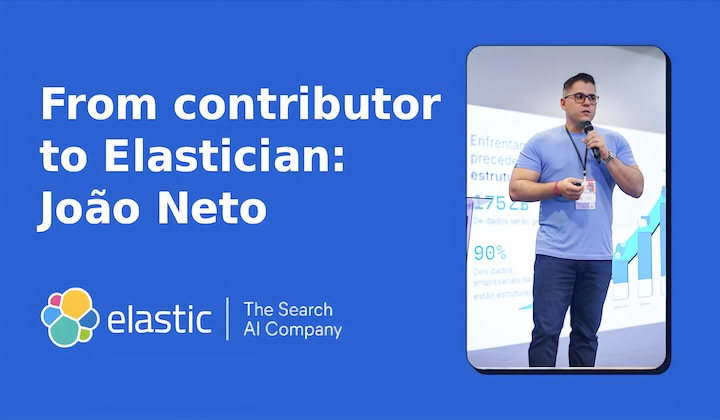
We're making AutoOps free for every self-managed Elasticsearch user. It analyzes your clusters, identifies what's wrong, and tells you how to fix it. It’s an investment in the open source community — no license required or infrastructure to maintain.
Solutions

Elastic 9.3: Chat with your data, build custom AI agents, automate everything
Elastic 9.3 integrates native workflow automation into the Elasticsearch Platform with Elastic Workflows, enables users to ask questions of their data using natural language and simplifies the development of AI agents with Agent Builder, and more.
Elastic Stack + Cloud
Elastic announces the availability of Elastic Cloud Serverless in four new Azure regions: Virginia, Singapore, Spain, and Frankfurt. Built on a Search AI Lake architecture, it combines vast storage, low-latency querying, and advanced AI capabilities.
Customers
KPMG Technology consulting deploys Elastic Security to cut storage costs, increase visibility, and reduce false positives
KPMG Technology consulting helps clients migrate from legacy SIEM platforms to Elastic Security, delivering 75% cost savings, 10x storage increase, and enhanced threat detection with AI-powered analytics and real-time monitoring capabilities.
Burgan Bank Türkiye modernized its IT with Elastic, moving from OpenShift to bare metal. Learn how the team used ML and an on-prem AI assistant to achieve 90% faster incident response and secured unified observability across all systems.
Transforming digital experiences: How Liferay's partnership with Elastic drives revenue and efficiency
Liferay takes advantage of OEM partnership with Elastic to boost annual revenue, drive developmental efficiencies, and deliver cutting-edge search functionality, such as vector-based semantic search.

.png)
.png)


_(1).png)

_(1).png)

_(1).png)
.png)
_(1).png)

_(1).png)
.png)
_(1).png)



.png)
.png)

